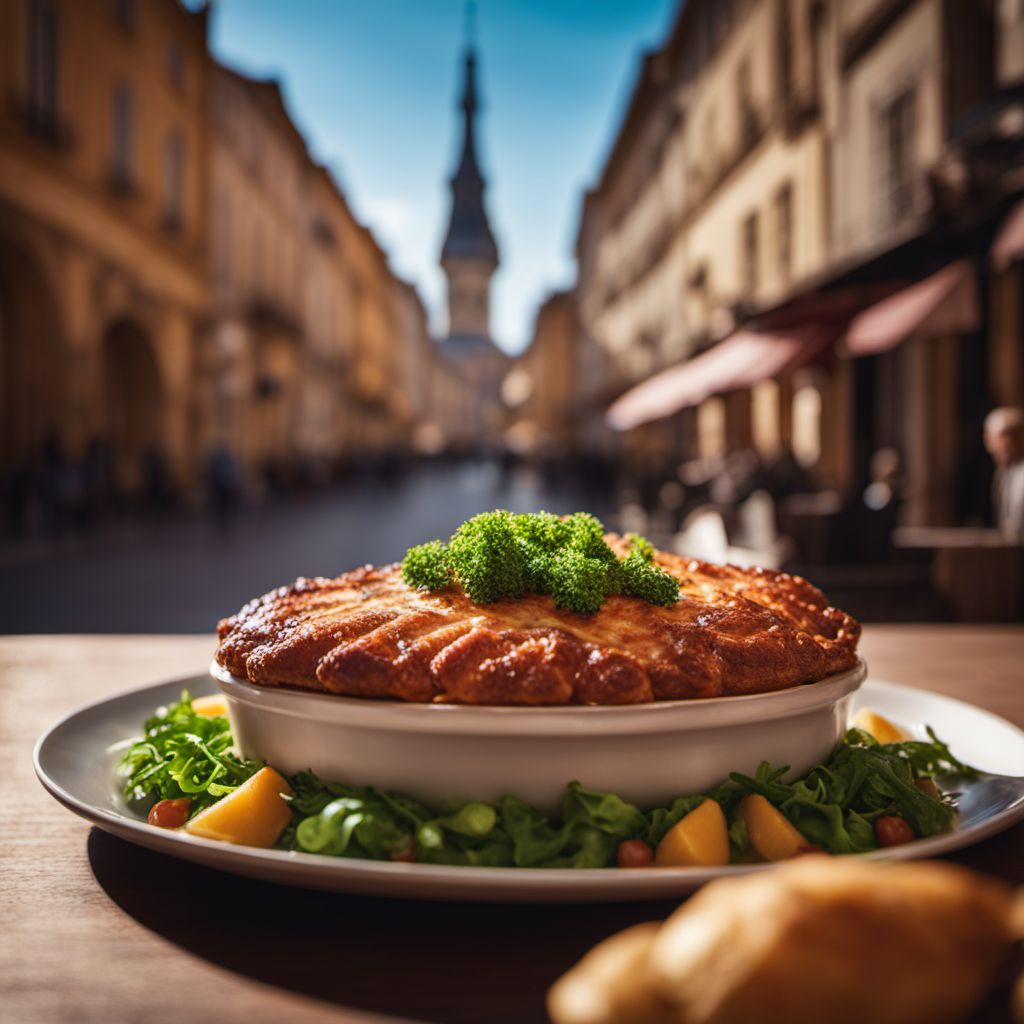
Cuisine
Lyonnaise cuisine
Lyonnaise cuisine is heavily influenced by the region's geography and climate. The city is located in the Rhône-Alpes region of France, which is known for its fertile farmland and vineyards. Lyonnaise cuisine is characterized by its use of simple, hearty ingredients, such as pork, sausage, and potatoes. It also emphasizes the use of local wines and cheeses.
Typical ingredients
Pork (sausage, belly, chops), Potatoes, Cheese (comté, saint-marcellin), Wine (beaujolais, côtes du rhône), Herbs (thyme, rosemary, bay leaves), Garlic
Presentation and garnishing
Lyonnaise cuisine is often presented in a rustic, simple style, with dishes served family-style. Garnishes are typically minimal, with the focus on the quality of the ingredients.
Lyonnaise cuisine is also known for its bouchons, which are small, traditional restaurants that serve Lyonnaise cuisine and local wines.
More cuisines from this region...
Haute cuisine, Basque cuisine, Nouvelle cuisine, Corsican cuisine
History
Lyonnaise cuisine has a long history that dates back to the Roman era. Over the centuries, it has been influenced by a variety of cultures, including the Italians and the Germans. Today, Lyonnaise cuisine is considered one of the most flavorful and satisfying styles of cooking in the world.
Cultural significance
Lyonnaise cuisine is an important part of Lyonnaise culture and identity. It is often served at local festivals and celebrations, and is a source of pride for the people of Lyon. Lyonnaise cuisine has also had a significant impact on the culinary world, with many Lyonnaise chefs achieving international acclaim.
Health benefits and considerations
Lyonnaise cuisine can be high in fat and calories, so it is important to enjoy it in moderation. However, it is also known for its use of local, seasonal ingredients, which can provide health benefits when consumed in moderation.
Lyonnaise cuisine recipes Browse all »

Lyonnaise-style Coconut Chicken Curry
Coconut-infused Chicken Delight: A Taste of Lyonnaise Exoticism
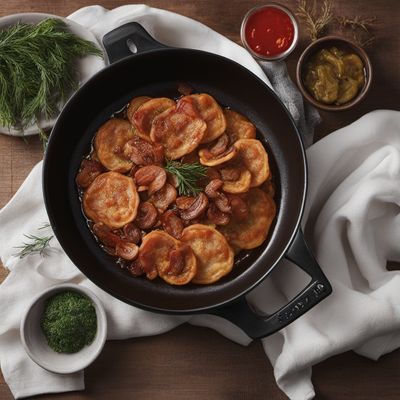
Hotteok Lyonnaise
Savory Stuffed Pancakes: A Lyonnaise Twist on Hotteok
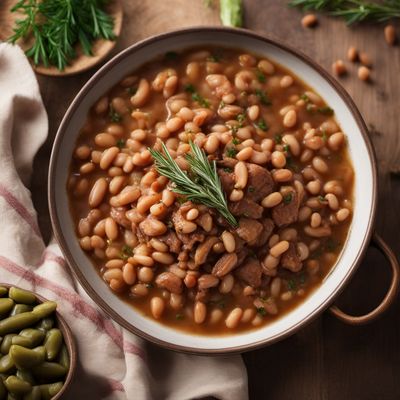
Pork and Beans Lyonnaise
Savory Pork and Beans Lyonnaise: A French Twist on a Classic American Dish

Hot Dry Noodles Lyonnaise Style
Savory Lyonnaise Hot Dry Noodles: A Fusion of Chinese and French Flavors
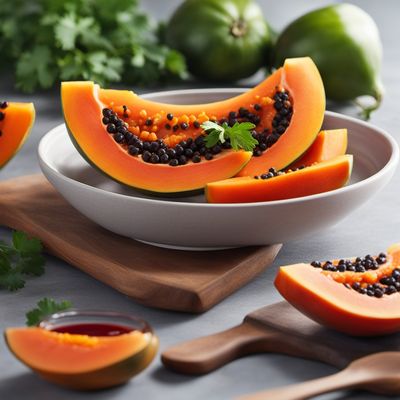
Papaya with Port Wine Lyonnaise Style
Exquisite Papaya Delight with a Lyonnaise Twist
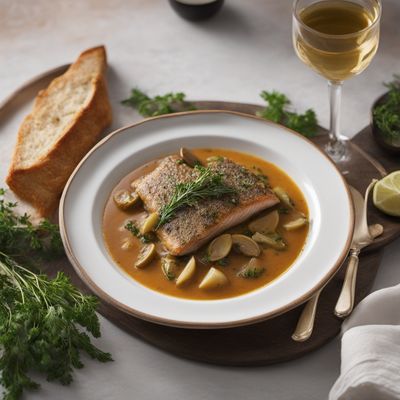
Lyonnaise-style Catfish Stew
Savory Delight: Lyonnaise-style Catfish Stew with a French Twist

Lyonnaise-style Saba Zushi
Savory Mackerel Sushi with a Lyonnaise Twist

Lyonnaise Pumpkin Sformato
Velvety Pumpkin Delight: A Taste of Lyonnaise Cuisine

Teriyaki Lyonnaise
Savory Teriyaki Delight with a French Twist

Lyonnaise-style Vegetable Stew
Savory Delight: Lyonnaise-inspired Vegetable Stew

Baked Bean Croque-Monsieur
Savory French Twist: Baked Bean Croque-Monsieur

Lyonnaise-style Spicy Beef Salad
Savory and Spicy Beef Delight: A Lyonnaise Twist